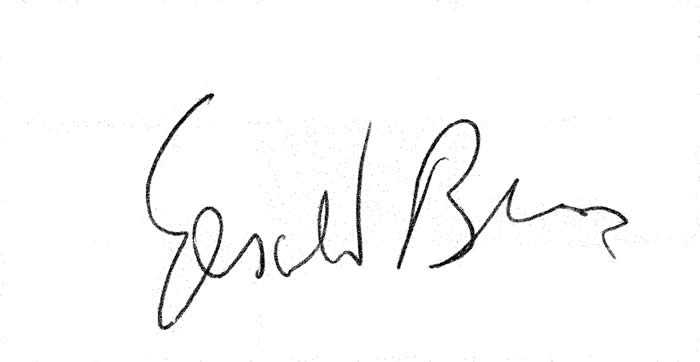
Be vulnerable, my children. May everyone fall for each other at sight.
If you fall in water and it smells of horse and pond-scum, that's okay.
I woke this morning unable to talk at all, a whistling nothing where my voice
should be. (That Ariel, a voice, can be trapped in a tree takes magic.)
I hope whoever finds my voice has fun with it. Whomever my voice finds?
A wonderful dream, not mine, glows in my imagination after. My
throat's not even sore. But I sound like a wombat. William Carlos
Williams wrote a lovely poem about a dishmop imagined as his daughter. A quarter
book of Marquet pictures interests me because the kind of thing Wallace Stevens wanted,
in the black and white he'll have seen some as, yearning for a quality of French light
that comes through as you keep yourself from wanting color. Relative brightness
of each picture gets very important, Notre Dame's back garden sun-drenched as
an Italian Corot. He wants that light as painted, voice as written.
Which brings us, by way of a capital W, to be resisted, to the Will, more perceptible
as a relaxation when writing well, but when writing ill! still not yours, more like
the cachinnation of elves and gnomes, a crowd, distraction, not that around which sounds
cluster, as the chimes in Symphonie Fantastique, but each decoration to another, rosettes on swags.
You have, especially if you're determined to make lines, to feel your way in -- not a problem
for those whose bodied voice is the guarantee, backstop, in its reality and then its fluency,
but if you deny yourself that assertion (as the Essays of Elia appear to do), what then?
Instressing your own inscape while not, a self-forgetful Lucifer. Most readers don't know
what to do with a writer less than full of self, though the self (writing Lamb's way)
sings through the writing. This section will seem to most prose, broken into lines
almost randomly. What makes it verse is that the lines are meant as lines, almost willed
as such, perhaps coaxed . . . It's a perverse extension of the convention that there are lines,
but what is not perverse? Poe is perverse when he chooses with twice the intent to rhyme, those
sounds trebly determined. (Most modern critics simply throw away two of his intents.) The
difference between noise and a symphony is hard to state, if you want to do justice to noise.
I want my poetry not to lose (by some pitch, say) the shabbiness of prose, its apparent
humility, readiness to do the dishes with sleeves rolled up, set the new sewer pipe,
sew up a dog. Readers want without knowing it that series of exclusions the jungle is.
Readiness to include the strange need not mean readiness to exclude the ordinary, but "strange" is
different if you do. The ordinary flattens, hardly more than a suffix to "not." The recognizable
is usually assumed to be the ordinary, though aliens are welcomed not wholly by convention.
The flying saucer was accepted as recognizable if not aerodynamically sound, its radial
symmetry a sign of its readiness to move in any direction, come from anywhere.
A fugue wears its face on its side like the child's drawing of a cat Neil gave me,
the face turned toward us, its neck a single stroke of sparkled crayon. The cat's under
a seat when I come visit, hidden, as if it only knew "front" as an angle. A woman
toying perhaps with love deploys her best postures' angles on a line of sight like Scrooge
confronting his gruel, looking anywhere but at it. The writer seldom looks directly at the reader.
Allowance must be made for metaphor, its body made of chains that ramify nonsystematically.
Scrooge in the jungle buys no geese, suffers from malarial hallucinations, mine lately younger
faces than usual which may mean something, but as visions of no consequence at all
because not vulnerable to narrative. Alan Stone, M.D., says in Harvard Magazine Freud helped
patients tell stories on themselves to sort things out, as this may seem to do too.
Oh self-consciousness of narrative, Milton bloody Milton On His Blindness, knowing he'd be a classic
and we'd have to endure it. Authors are poisonous, Paul comes in, says I'm formidable in the street
(he's scared to talk to me), but a lamb in the house -- accused of roughly that a night ago and I don't
see consistency as something to shoot for. Sometimes I'm craven, or polite, who cares? Tell it as
a story on myself. Even indirect describing of oneself is of no interest, as lines say what about one,
Dame Therapy, her hemline all Greek keys, or rats. Narrative becomes for me too easily a motif.
Yet there's something there, when people complain that I'm too kind. Years ago when I was disregulated
I was so harsh shop clerks burst into tears. I've curbed it since, preferring mealy to full-mouthed, running
Copyright Gerald Burns 1995-1997